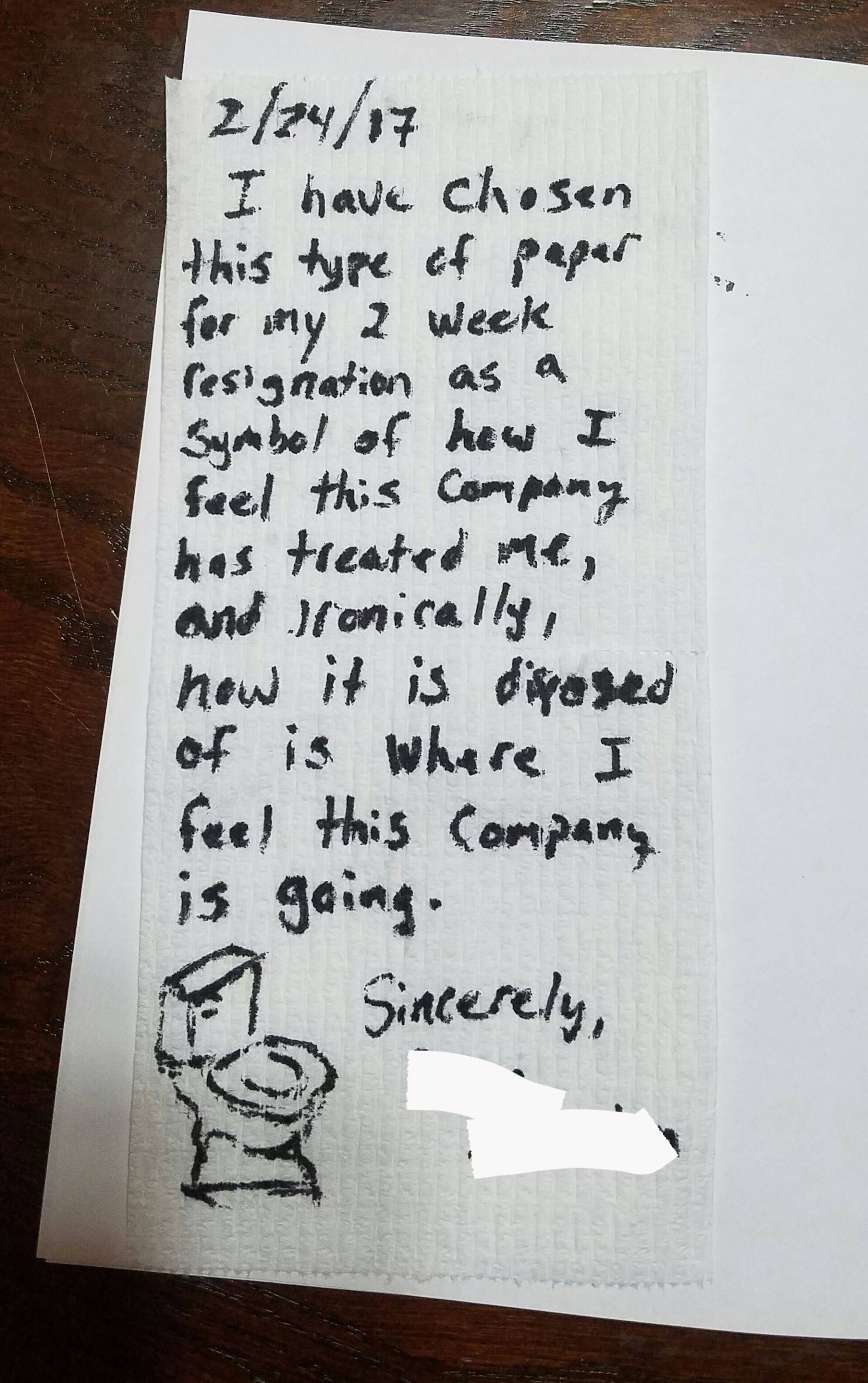How to quit your job. Professionally
The pandemic has been responsible for a number of things, including the great resignation. Before the onslaught of COVID-19, the idea of resigning might have sent you into a fraught tizzy. Does resigning fill you with a sense of dread? If the answer is yes, read on for some thoughts on why, when and how to resign with grace and confidence and whether the risks outweigh the rewards. It's well-known that good managers invest a great deal of time and money into your development, so presenting your letter of resignation might make you feel unappreciative.

The great resignation has undoubtedly changed how employees feel about their work-life balance. The pandemic and the change in attitude to home and hybrid work have forever changed our workplaces. It's apparent that many people don't want to revert to outdated work methods because they have also changed. Whilst the reasons for considering resignation might feel stronger now, it doesn't mean that you are comfortable with doing so. If you've been offered another job or are at your wit's end, we recommend you consider the following;
What is motivating you to resign?
There is much talk about employee retention and job crafting, so it's worth considering what would make your current role your dream job. Are you fully aligned with your company's mission? Could you openly discuss aspects of your job that you don't enjoy? Are you engaged with what you do on a day-to-day basis? What percentage of your role do you enjoy? By discussing your options with your manager, they could redesign your role to better suit your passions.
Are you keeping your well-being front of mind?
Resignation is an emotional decision that can often result in regret. Resigning can be likened to losing a significant relationship. You must deeply consider the alternatives you have on offer and ensure that you are not viewing the new role through rose-tinted spectacles. Is the grass going to be greener on the 'other side'? Considering the whole picture is important before you take the plunge and quit. Adam Grant's Journal of Applied Psychology cites, "Even though people left because they were dissatisfied, they became more dissatisfied in their new jobs for several years afterwards". Grant tracked well over 2,500 employees for multiple years to understand the relationship between quitting your job and your well-being. His research found that people who quit their job were likely to experience decreased job satisfaction and more likely to experience work-family conflict within the first five years of the move. It's clear that we have high expectations for our new roles but can be disappointed in reality. Take your time to really consider your options before you quit.
Have you considered what you could lose?
Weigh up the pros of your job offer and current job to ensure that you don't overlook the benefits you already have. It can take many years for you to build strong relationships within a workplace; remember that they won't be around to support you in a new job, and you will be starting anew. Also, consider the skills, reputation and training that you've developed in your current company; these are not always transferable. Consider your social standing and expertise when you are thinking about resigning.
Remain approachable and helpful before you leave
Finding the right length of the notice period and remaining conscious of other people's feelings is vital to minimise disruption to the rest of your team. You could consider offering to train your replacement or be on hand for a few weeks after you've left for any questions they may have. You should avoid any negative feelings with your manager by leaving a trail of destruction for others to clear up. Always be a cheerleader for the company; you never know when you might need their support or recommendations in the future.
A friendly reminder
Think back to what made you choose your current profession and job. What were you excited about when you first started? You likely feel the same way, but you have grown used to certain aspects of your responsibilities. Perhaps all you need is to dust off those cobwebs and reignite that original enthusiasm.



